If you’re like most people, you probably don’t know the answer to this question. And that’s okay – most people don’t. A lot of people believe that Freon lasts indefinitely in a car air conditioning system. But this is not actually true! This blog post will discuss the truth about Freon and how long it lasts in a car. It will also provide some tips on how to keep your car AC running smoothly for as long as possible.
What is a freon?
Developed in the 1930s, these chlorofluorocarbon compounds have become widely popular due to their efficiency in cooling and heating applications. Freons are made up of carbon, chlorine, and fluorine atoms, which give them unique properties that make them very effective at transferring heat energy. They can absorb a large quantity of heat without changing state or releasing it back into the environment until they reach their boiling point.
Freon is non-toxic and non-flammable, making it a very safe option for many applications requiring coolant or freezing temperatures. Additionally, freon has no odor and does not leave any residue, which makes it ideal for many uses where cleanliness is of utmost importance. While the use of freon has come under scrutiny due to its contribution to ozone depletion and global warming, there are now alternatives available that are much more environmentally friendly. These new refrigerants are less damaging to the earth’s atmosphere and do not contribute as significantly to climate change.
Freon is used in a variety of cooling applications, from home air conditioning systems to industrial chillers and evaporators. Freons have been widely adopted in manufacturing processes that require extremely low temperatures such as cryogenics or food processing. They can also be found in cars, appliances, and even medical devices. Freons offer high efficiency and cost-effective performance while remaining safe and non-toxic.
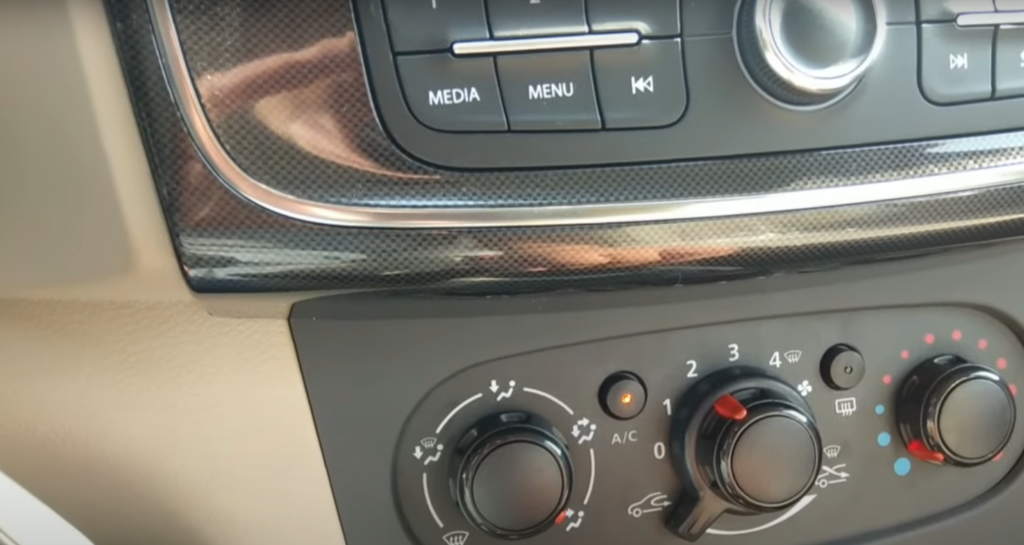
Overall, freon is an incredibly useful substance that has revolutionized various cooling and heating applications. Its efficiency and safety make it a popular choice for many industries, as well as residential and commercial use. While its contribution to global warming must be taken into consideration, there are now safer alternatives available that can be used in its place. With the right precautions taken, freon remains one of the most reliable refrigerants on the market today [1].
How long does freon last in a car?
Generally speaking, the standard lifespan of a freon in a car is about two years. However, this can vary depending on several factors such as the quality of the freon used, the environment and climate where you live, and how often your car is driven. To ensure that your vehicle’s air conditioning system is running at its best, it is recommended to have your freon levels checked every year or two by a certified mechanic.
If necessary they can then refill or replace your refrigerant with a new mix of R134a and oil to keep your AC working optimally. This type of maintenance helps to extend the life of your vehicle’s AC system so that you get many years of cool air while driving. By properly caring for your car’s AC system, you can ensure that freon lasts as long as possible and keeps your cabin cool in the summer months [2].
What are the signs of freon loss?
Is the air warm or cold?
The most obvious sign of a Freon loss is a lack of cooling, either in temperature or in airflow. If the air coming out of your vents is no longer cold and refreshing, this can indicate that you have a Freon loss. Another telltale sign of a problem with your system is an increase in humidity levels within the home.
Higher than normal humidity can be caused by a decrease in refrigerant levels inside the AC unit. Additionally, if you hear any strange noises when turning on or running the AC unit, such as hissing or gurgling, these could be indicative of having low Freon levels inside the system. A final indication could be an increase in energy bills; with lower Freon levels you may need to run the unit for longer periods to achieve the desired temperature, thus increasing your electricity costs.
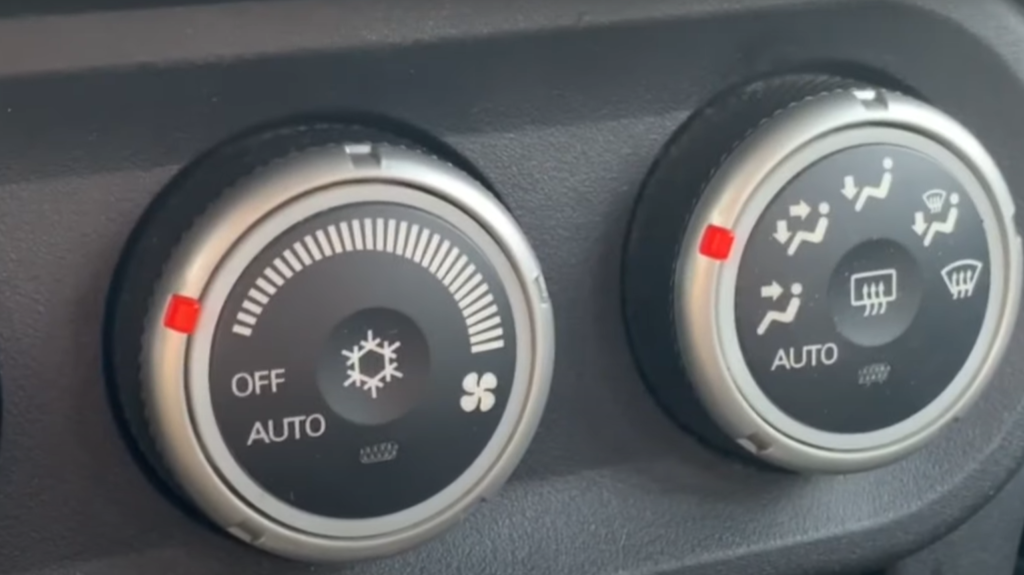
Visible leaks of refrigerant
If you see any fluids or oily substances near your air conditioning unit, these could be evidence of a refrigerant leak. You must address this issue as soon as possible because if left unchecked, the damage and cost associated with Freon loss can become more severe over time. If you suspect that your AC unit is suffering from Freon loss, it is best to contact a professional air conditioning technician to inspect the system and determine the cause of the issue.
The AC clutch isn’t engaging
The AC clutch is a component that helps drive the compressor, which is responsible for cooling and pressurizing Freon as it circulates through your system. If the clutch isn’t engaging when you turn on your air conditioning unit, this can be another indication of a Freon loss. In some cases, the issue may be with the electrical system or wiring rather than an actual refrigerant leak. A qualified technician can accurately diagnose and repair any problems with the AC clutch so that your air conditioning unit will function properly again.
A frozen compressor
A frozen compressor is another sign that your AC system may be low on refrigerant. If the Freon level is low, the compressor will not receive enough pressure to maintain its normal operating temperature. This can lead to a buildup of ice around the coils and other components inside the unit, which can eventually cause it to malfunction. A professional technician should inspect your system as soon as possible if you suspect a Freon loss due to a frozen compressor [3].
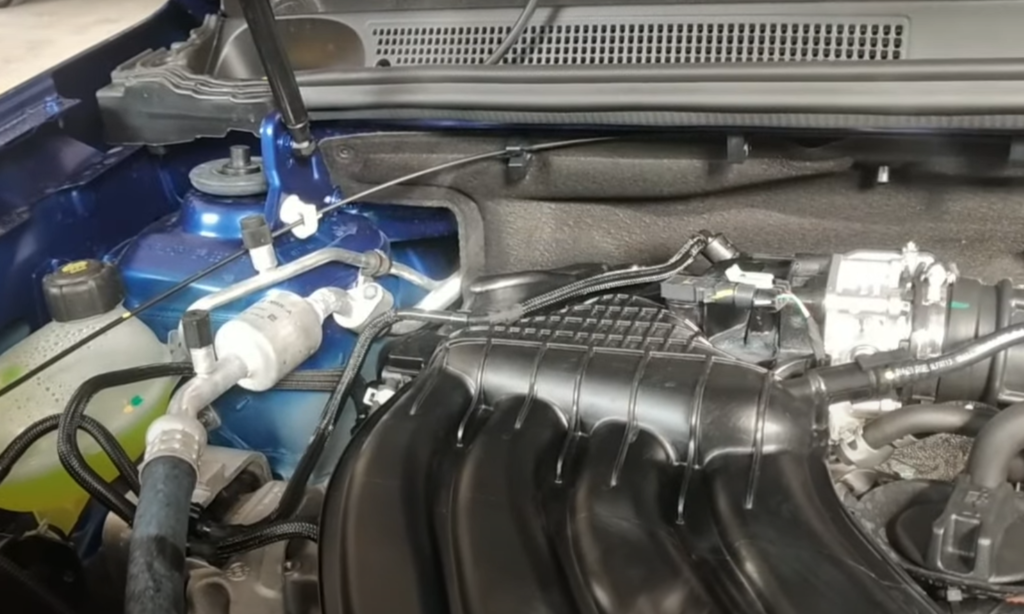
What are the factors that impact freon maintenance?
Temperature
The temperature of the environment in which your freon unit is located can have a major impact on its maintenance. High temperatures can cause the evaporator and condenser coils to become overworked, resulting in frequent breakdowns and high energy costs. It is important to keep your freon unit in an area with a moderate climate to reduce wear and tear as well as extend its life.
Dirt and Dust Accumulation
Over time dirt, dust, pollen, pet hair, lint, and other airborne particles can accumulate inside your freon system. This accumulation decreases airflow efficiency and can lead to significant damage if not taken care of properly. Regular cleaning of your freon unit’s ductwork will help ensure that it functions at its best.
Inadequate Refrigerant Levels
If the refrigerant levels in your unit are too low, the evaporator and condenser coils won’t be able to exchange heat efficiently. This can lead to poor performance and higher energy costs. To prevent this, it is important to monitor the refrigerant levels of your freon unit regularly and have a professional recharge it if needed.
Blocked Air Vents
Air vents that become blocked by furniture or other items can cause air pressure to build up inside your system, leading to potential damage such as compressor burnout or coil leakage. It is essential to keep all air vents clear and make sure they are not obstructed in any way.
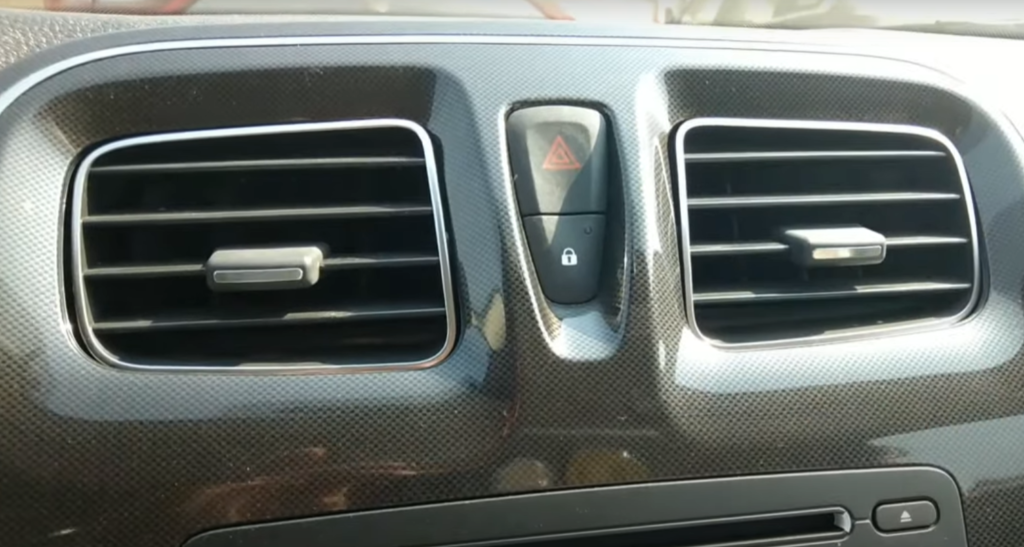
Wear and Tear
Just like any other machine, your freon unit can experience wear and tear from regular use. It is important to check for signs of damage such as leaks or loose connections so that it can be repaired quickly before it leads to further issues. Regular maintenance checks every year are essential to ensure optimal performance.
Your car’s type
The type of car you have impacted the maintenance needed for your freon unit. Different cars require different types and amounts of refrigerant, so make sure to research what kind is necessary for your particular model. This will help ensure that your freon system is running properly and efficiently. For example, some cars use R-12 (Freon) and some use R-134a.
How frequently do you drive the car?
The more you drive your car, the more wear and tear it will accumulate. Therefore, if you are driving your car frequently you should be doing routine maintenance checks to ensure that all components of the system are functioning correctly. This includes checking for refrigerant leaks, inspecting hoses and belts for wear or damage, checking all connections for tightness, and making sure the air filters and air vents are clean [4].
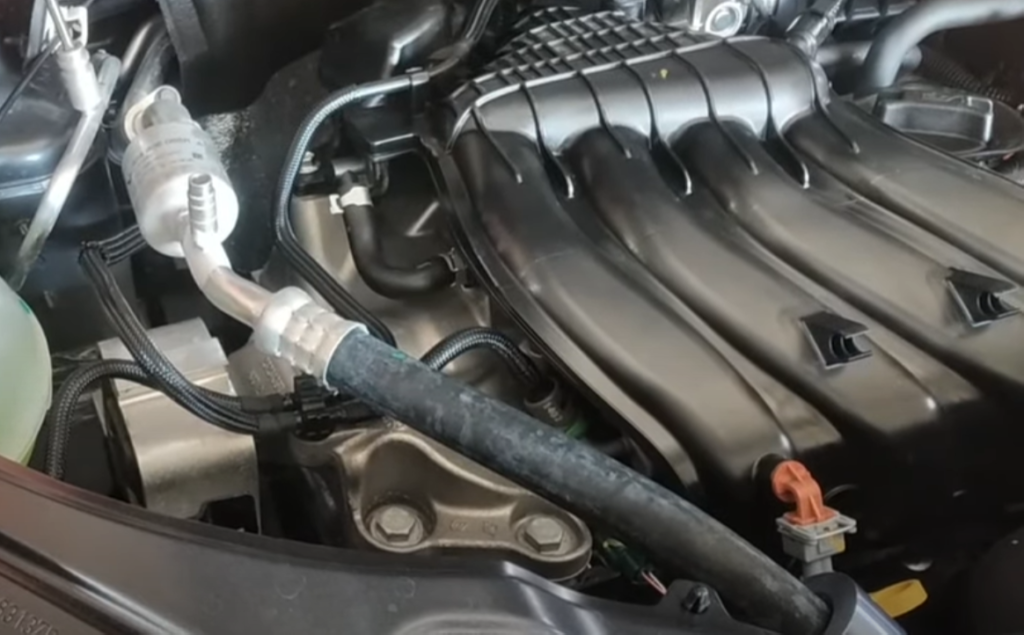
Fading Cool: Understanding the Lifespan of Freon in Your Car’s AC System
Curious about how long the cooling magic of Freon lasts in your car’s AC system? Explore the detailed table below to grasp the factors influencing Freon longevity, signs of depletion, recommended actions, and proactive measures to keep your car’s AC performing at its best.
| Factors Influencing Freon Lifespan | Signs of Depletion | Recommended Actions | Proactive Measures |
|---|---|---|---|
| 1. System Leakage | Gradual decrease in cooling efficiency | Identify and repair leaks, recharge the AC system | Schedule regular AC system inspections to catch leaks early |
| 2. Normal Evaporation | Slight reduction in cooling performance over time | Recharge the AC system as needed | Follow manufacturer recommendations for routine AC system maintenance |
| 3. Component Wear | AC system struggles to cool the cabin | Inspect and replace worn components, recharge if necessary | Replace AC system components according to the manufacturer’s maintenance schedule |
| 4. Environmental Impact | Freon depletion due to environmental regulations | Upgrade to an environmentally-friendly refrigerant, if applicable | Stay informed about changing regulations and their impact on AC refrigerants |
Explanation of the table:
- System Leakage: If you notice a gradual decrease in cooling efficiency, it may be due to system leakage. Identify and repair leaks, and recharge the AC system. Schedule regular AC system inspections to catch leaks early.
- Normal Evaporation: Slight reduction in cooling performance over time is normal. Recharge the AC system as needed and follow manufacturer recommendations for routine AC system maintenance.
- Component Wear: If the AC system struggles to cool the cabin, inspect and replace worn components, and recharge if necessary. Replace AC system components according to the manufacturer’s maintenance schedule.
- Environmental Impact: Freon depletion may occur due to environmental regulations. Consider upgrading to an environmentally-friendly refrigerant if applicable, and stay informed about changing regulations and their impact on AC refrigerants.
FAQ
How much does it cost to refill freon in a car?
The cost to refill freon in a car can vary depending on the type and amount of refrigerant needed, as well as labor costs associated with the job. Generally speaking, the average cost for a freon refill could range from $150 – $250. It is important to keep in mind that some vehicles may require multiple cans of refrigerant, which will increase the total cost of the service.
Additionally, if any additional parts are needed or repairs must be made to restore proper climate control operation in your vehicle, then this too can increase the overall cost. It is always best to consult with a qualified technician before having any work done on your vehicle’s air conditioning system.
What type of oil should I use in my car?
The type of oil that should be used in your car is often determined by the manufacturer and will depend on the make, model, and year of your vehicle. Most manufacturers recommend using synthetic oil for newer vehicles as this can help improve performance and fuel economy. However, for older models, it may be best to stick with conventional motor oil. It is always best to refer to the owner’s manual or speak with a qualified technician before choosing an oil type for your vehicle.
How long does freon last in a car with a leak?
Most leaks in a car’s air conditioning system can be repaired, but if left unchecked, the amount of refrigerant, or “freon”, will eventually deplete over time. Depending on the size and location of the leak, it is possible that freon could last anywhere from a few days to several weeks. To ensure optimal performance and prevent further damage to your vehicle’s air conditioning system, it is important to have any leaks properly diagnosed and fixed as soon as possible. It is also important to note that leaking freon can be dangerous for both you and the environment. If you suspect that there may be a leak in your vehicle’s air conditioning system, then it is best to contact a qualified technician for advice.
Does my car require special coolant?
The type of coolant that is needed for your vehicle will depend on the make, model, and year of the car you own. Most modern cars require a mixture of 50% antifreeze and 50% water to properly operate. Additionally, some vehicles may require specific types of antifreeze such as Dex-Cool or Long Life Coolants. It is best to refer to the owner’s manual or speak with a qualified technician before adding any kind of coolant to your vehicle.
How often does freon need to be replaced in a car?
Most cars do not require a freon to be replaced, as long as the air conditioning system is operating properly and no leaks are present. However, if a leak is discovered or the system is not performing optimally, then it may be necessary to replace the refrigerant. Additionally, the amount of freon required in a car’s air conditioning system can vary depending on the make and model of your vehicle.
What happens when a car is low on freon?
If a car is running low on freon, it can cause the air conditioning system to not perform optimally or even stop working altogether. Additionally, a low level of refrigerant can cause damage to other components in the vehicle’s air conditioning system such as the compressor and evaporator. To prevent any further damage and ensure optimal performance, it is important to have any leaks properly diagnosed and repaired by a qualified technician as soon as possible.
What are some common signs of a freon leak?
Some common signs of a freon leak include: strange smells coming from the vents, excessive condensation from the air conditioner, decreased cooling power, increased engine temperature, and/or an increase in fuel consumption. If you notice any of these signs, then it is important to have the air conditioning system checked by a qualified technician as soon as possible. Failure to do so could lead to further damage and costly repairs down the road.
Can I replace freon on my own?
It is not recommended that you attempt to replace the freon in your vehicle’s air conditioning system on your own. Refrigerants can be dangerous for both you and the environment if handled improperly, and there are also specific tools and equipment that are needed to properly diagnose and repair leaks. It is best to contact a qualified technician who has experience working with automotive air conditioning systems before attempting any type of work. The technician will be able to assess the issue and determine the best course of action for your vehicle.
What is the typical lifespan of freon in a car’s air conditioning system?
The typical lifespan of freon (refrigerant) in a car’s air conditioning system can vary based on factors such as the system’s design, usage patterns, and whether there are any leaks. In general, under normal conditions, freon can last for several years before needing replacement. However, it’s essential to address any leaks promptly, as they can significantly shorten the lifespan of freon and compromise the efficiency of the air conditioning system.
How can I determine if my car’s air conditioning system needs a freon recharge?
Several signs may indicate that your car’s air conditioning system needs a freon recharge. These include:
- Reduced cooling performance: If the air blowing from the vents is not as cold as usual, it may indicate a low freon level.
- Audible hissing or bubbling noises: Unusual sounds from the air conditioning system may suggest a freon leak.
- Visible oil stains around A/C components: Oil stains near A/C components can be a sign of freon leakage.
- Frequent cycling of the A/C compressor: An A/C compressor that cycles frequently may indicate low freon levels.
If you observe any of these signs, it’s advisable to have your air conditioning system inspected by a qualified mechanic to determine if a freon recharge is needed.
Can freon naturally degrade over time, even without a leak?
Freon can degrade over time, primarily due to moisture absorption. Moisture in the air can enter the air conditioning system, causing chemical reactions that degrade the quality of the freon. While this process is gradual, it underscores the importance of maintaining a sealed A/C system to prevent moisture infiltration. Regular inspections and addressing any leaks promptly can help extend the lifespan of freon and maintain the efficiency of the air conditioning system.
What should I do if my car’s air conditioning system is not cooling effectively?
If your car’s air conditioning system is not cooling effectively, it’s advisable to:
- Check for visible signs of freon leaks, such as oil stains or hissing sounds.
- Monitor the temperature of the air blowing from the vents to assess cooling performance.
- Consult a qualified mechanic for a comprehensive inspection of the A/C system to identify any issues, including low freon levels or leaks.
Addressing these issues promptly can help restore the efficiency of the air conditioning system and ensure a comfortable driving experience.
Can I add freon to my car’s air conditioning system on my own?
While it is possible to add freon to a car’s air conditioning system on your own using commercially available recharge kits, it is recommended to exercise caution. Adding too much or too little freon can lead to performance issues or damage to the A/C system. If you are unsure or suspect a freon leak, it’s advisable to consult a professional mechanic for an accurate diagnosis and precise freon recharge, ensuring the proper functioning of the air conditioning system.
Useful Video: How long does Freon last in a car?
Conclusion
Freon in a car’s air conditioning system is necessary for the system to function properly. However, because it is a synthetic refrigerant and not an environmentally friendly one, its use must be carefully monitored to ensure that no Freon escapes into the atmosphere. Careful maintenance of car air conditioners and regular inspection of their Freon levels can help reduce or eliminate any environmental impacts created by this chemical. Following these steps can ensure that your vehicle’s air conditioning system runs efficiently without negatively impacting the environment.
References
- https://learn.compactappliance.com/freon-air-conditioner/
- https://www.way.com/blog/how-long-does-freon-last-in-a-car/
- https://aristair.com/blog/what-are-the-signs-of-an-ac-refrigerant-leak/
- https://www.linkedin.com/pulse/what-factors-affecting-performance-your-air-conditioner










Leave a Review